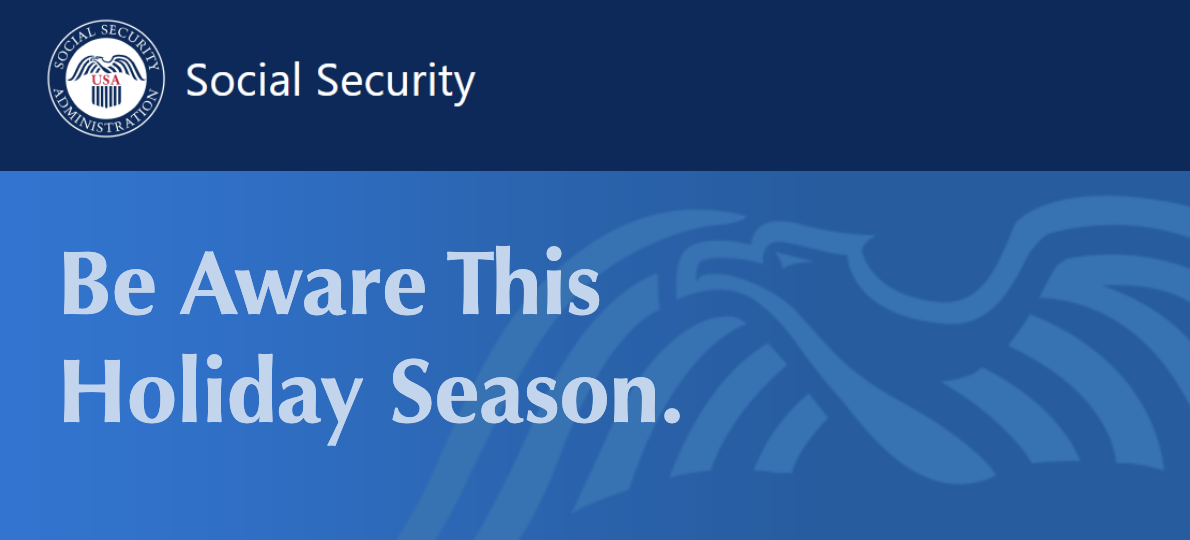
What to Do If You Find Documents in Your Loved One’s Home
- Posted by Jacob Gordon
- On January 9, 2023
- 0
I recently saw what I call a GREAT commercial. Take a look:
I was thrilled to see this important message being delivered over the airwaves. Scammersare out there trying to scare people into sending them money. We ask our clients to hangup if they receive a call from a government agency or anyone asking for information. Ifthey receive a suspicious email or text we ask them to forward it to us.“Social Security will not threaten you, pressure you for personal information or demandinstant payment.” This is critical information. The announcer goes on to explain that giftcards, prepaid debit cards, internet currency are hard to trace and that is what criminalswant.The best action to take is to hang up.Below is the content of an email I received from Social Security warning about Scammers.It contains great information. I love the fact that that SSA is using the time testedtechnique of:Tell ’Em What You’re Going To Tell ’Em;Next, Tell ’Em;Next, Tell ’Em What You Told ’EmPeople, especially seniors, need to be reminded that there are many ways to getscammed. A new tactic being used is a call “to verify information about the 2023 cost-of-livingadjustment”. This adjustment is automatic, NOTHING needs to be verified.Read the full email below. Click on email alerts to sign up for you own.

Many of us spend the holidays relaxing and sharing in goodwill with friends andfamily. But some bad actors use the holidays to take advantage of people’sgenerous spirits. Scammers frequently target the older and other more vulnerablemembers of our communities. They pretend they are from Social Security oranother government agency to steal your money or personal information.
Caller ID, texts, or documents sent by email may look official, but they are not.Fraudsters are calling to verify information about the 2023 cost-of-livingadjustment for people who get benefits. Remember, this adjustment is automaticand a beneficiary does not need to verify anything. Social Security won’t ask youto provide information or money to get your benefit increase. Know that how wedo business with you doesn’t change because it’s the holidays. We may email ortext you about programs and services, but we will never ask for personalinformation via email or text.
Recognizing the signs of a scam can help you avoid falling victim to one. Thesescams primarily use the telephone to contact you, but scammers may also useemail, text messages, social media, or U.S. mail. Scammers pretend to be from anagency or organization you know to gain your trust. Scammers say there isa problem with your Social Security number or account. Scammers pressure youto act immediately. Scammers tell you to pay in a specific way.
Know what to look for and be alert. Scammers don’t take days off and neithershould you… when it comes to making sure you identify suspiciouscommunications and report it. If you receive a questionable call, text, or email,hang up or don’t respond and report it at oig.ssa.gov/report. Scammers frequentlychange their methods with new tactics and messages to trick people. Weencourage you to stay up to date on the latest news and advisories by following SSA’s Office of the Inspector General on LinkedIn, Twitter, and Facebook orsubscribing to receive email alerts.

0 comments on What to Do If You Find Documents in Your Loved One’s Home